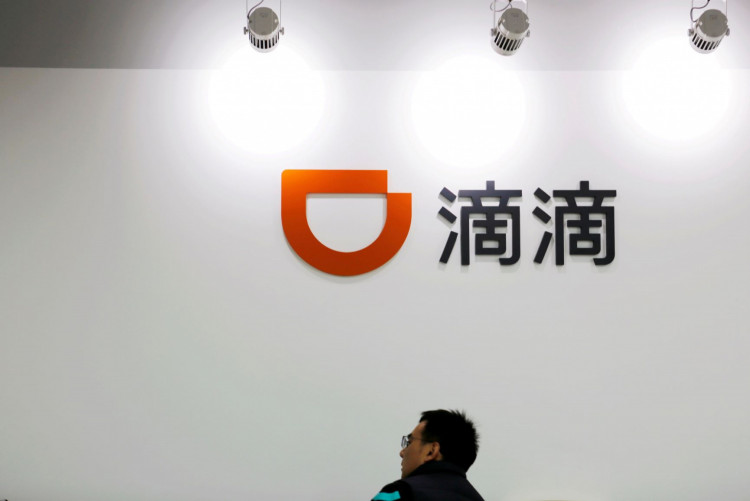Didi Global Inc. - China's largest ride-hailing company - is set for what will likely be the biggest initial public offering in the U.S. this year. The company is aiming for a market valuation of more than $60 billion when it debuts on the New York Stock Exchange.
According to sources familiar with the matter, Didi had chosen a more conservative goal with its U.S. listing. Sources said the company was initially eyeing a valuation of at least $100 billion.
Didi set the price range of its initial public offering at between $13 and $14 per American depositary share. The company said it would offer up to 288 million shares. At the upper end of the range, Didi is expected to raise around $4 billion. Four ADSs represent one Class A ordinary share.
Didi - which registered under its formal name Xiaoju Kuaizhi Inc. - originally planned to list its shares in Hong Kong this year. It later announced that it would float in New York instead.
Once it hits the market, the offering will be one of the largest listings in the U.S. by a China company since Alibaba's $25 billion initial public offering in 2014.
Goldman Sachs, Morgan Stanley and J.P. Morgan are lead underwriters. Band of America Securities, Barclays, China Renaissance, Citigroup, HSBC and UBS Investment Bank are advisers.
Excluding China, Didi is the world's largest mobility technology company with operations in more than 15 countries. It has more than 493 million annual active users worldwide.
The company wants more than 800 million monthly active users by 2022 across its ride-sharing, bike-sharing, private vehicle rental, carpool and food delivery services. Didi is backed by some of Asia's largest technology companies, including Alibaba Group, Tencent Holdings and SoftBank Group.
The company's listing comes as the U.S. intensifies its sweeping regulatory crackdown against China technology companies. The Biden administration recently implemented an investment ban for companies with alleged ties to the China military. Under the order, U.S. investors and companies will be barred from doing business with those on its economic blacklist.





